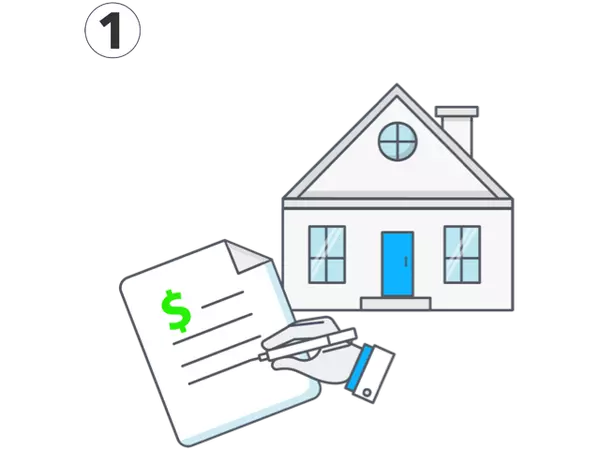Selling?
Advice and guidance for all aspects of selling your home.
Comprehensive Seller Resources | DreamX Homes | Sell Your Property with Confidence
Some Guidelines Written By Our Expert.

5 Reasons Why You Will Love Homes for Sale in Madisonville Cincinnati
5 Reasons Why You Will Love Homes for Sale in Madisonville Cincinnati Homes for sale in Madisonville Cincinnati Ohio offer an exciting opportunity for anyone looking to settle in a vibrant and evolving neighborhood. This lively suburb is known for its diverse housing options and affordable prices. W
Read More

7 Smart Ways to Find Madisonville Condos for Sale You’ll Wish You Knew Sooner
7 Smart Ways to Find Madisonville Condos for Sale You’ll Wish You Knew Sooner Madisonville condos for sale offer an enticing opportunity for those looking to invest in Cincinnati's vibrant and growing real estate market. This diverse neighborhood combines a small-town feel with urban convenience, ma
Read More

5 Things I Wish I Knew Before I Started House Hunting in Columbia Tusculum
5 Things I Wish I Knew Before I Started House Hunting in Columbia Tusculum Homes for sale Columbia Tusculum are gaining attention for their unique charm and vibrant community feel. Here's a quick snapshot of what you can expect when exploring the real estate market in Columbia Tusculum, Cincinnati's
Read More

A Comprehensive Guide to Columbia-Tusculum Historic District
A Comprehensive Guide to Columbia-Tusculum Historic District Columbia-Tusculum historic district is Cincinnati's oldest neighborhood, having been established way back in 1788. Nestled in a scenic area of the city, this charming spot is known for its rich history and beautiful Victorian architecture.
Read More

A – Z Guide to Avondale Parks and Recreation Activities
A – Z Guide to Avondale Parks and Recreation Activities Avondale parks and recreation offer an array of vibrant community events and engaging outdoor activities that cater to all ages. Situated in the heart of Avondale Estates, Georgia, these parks create spaces where residents and visitors come tog
Read More

7 Amazing Avondale Rental Property Hacks
7 Amazing Avondale Rental Property Hacks Avondale rental properties offer an exciting opportunity for both new and seasoned investors looking to dive into the real estate market. Nestled in the heart of Alabama, Avondale is renowned for its vibrant community, rich history, and burgeoning economic gr
Read More
HOW IT WORKS

Get Offer


How much is your home worth?
This guide can help you sell your home at the best price. Make your portfolio.
Our Sold Listings
 $105,000
$105,000$125,000 16.0%
4 Beds3 Baths2,176 SqFt539 Woodlawn Avenue, Cincinnati, OH 45205
Listed by Glasshouse Realty Group

 $166,000
$166,000$164,900 0.7%
3 Beds2 Baths1,084 SqFt1807 E Siebenthaler Avenue, Dayton, OH 45414
Listed by Howard Hanna Real Estate Serv

 $140,000
$140,000$120,000 16.7%
3 Beds2 Baths4816 Stonehedge, Dayton, OH 45426
Listed by Glasshouse Realty Group

REVIEWS
- angela morelandBen was very helpful and informative. So glad he helped me find my home
- ValentinBen was fantastic to work with! He helped me understand the Cincinnati market and guided me through the entire process with expertise and patience. Their local knowledge made finding the perfect home easy. Highly recommend!!!
- Matthew ClineBen is hardworking, determined, and very professional. If you are considering buying an investment property or your first home, I recommend at least giving Ben an opportunity to earn your business.

